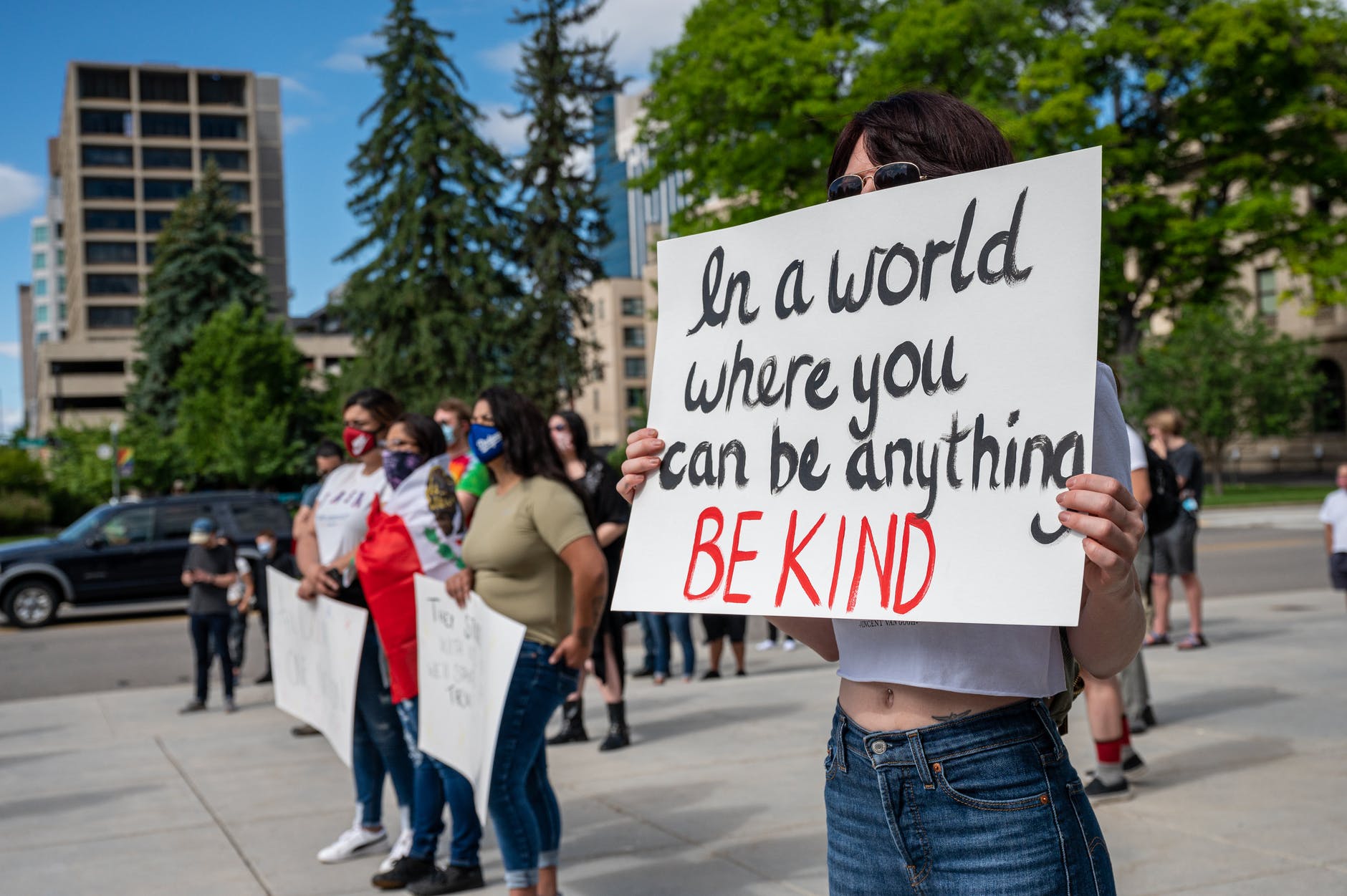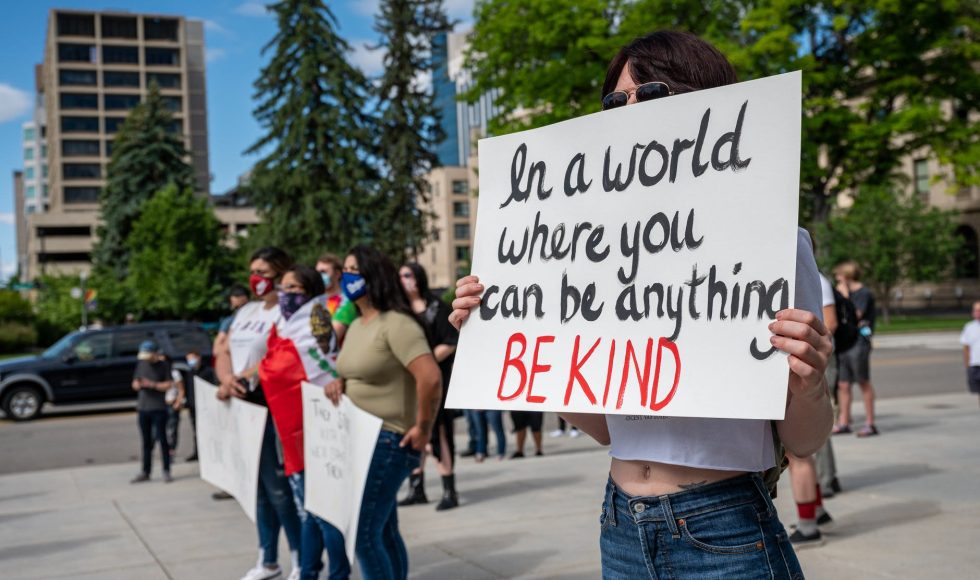I am fortunate to have found a great group of people as part of RLOE. That is why when I saw Una Daly and Kim Grewe on the list of speakers for this session of the Open Ed 2021 conference I knew I had to watch it. Along with Joy Shoemate and James Glapa-Grossklag, they presented a session entitled “Open for Antiracism: Using Open Education to Support Antiracist Teaching.” They acknowledged the Advisory Coaches that helped with the program last year. Daly spoke about the CCCOER that has 93 members and 35 states with the goal of improving OER and student success. Daly mentioned that the California Community College system has 116 colleges! After the rough summer of 2020, the group worked with the Hewlett Foundation to launch this project. The participants in the program talked about race and privilege in the classroom, renewable assignments, and representing the voices that have been underrepresented. The Open for Antiracism (OFAR) aimed to use OER and open pedagogy “to make instructional materials and teaching more anti-racist.” In the first year, they had over 300 applicants. Shoemate shared that the 4-week Canvas course was co-developed by Kim Grewe and Shoemate. The program was structured to be a four-week course that started with definitions of OER, open pedagogy, and antiracist. Participants then created an antiracism action plan. Shoemate explained that the program defined antiracist pedagogy by prompting participants to be race-conscious and examine the history of a discipline. One question that Shoemate mentioned was: how can we leverage the voices of those who have been marginalized. Kim Grewe showcased the action plans created by participants. Grewe showed examples of faculty who brought in student voices. The OFAR course is openly-licensed Gappa-Grossklag described the series of workshops and monthly webinars that helped participants implement changes in their classrooms. For the discussion, the group had several thought-provoking questions. One that stood out for me was: “What does inclusive teaching and learning for social justice look like at your institution?” Daly also mentioned that they are looking to expand the program to institutions outside the California Community College system. While funding will be needed, there is a small group going through the self-paced modules in Sacramento. I would love to check out the course and admire the talent in course & open design Kim brings to this project.



